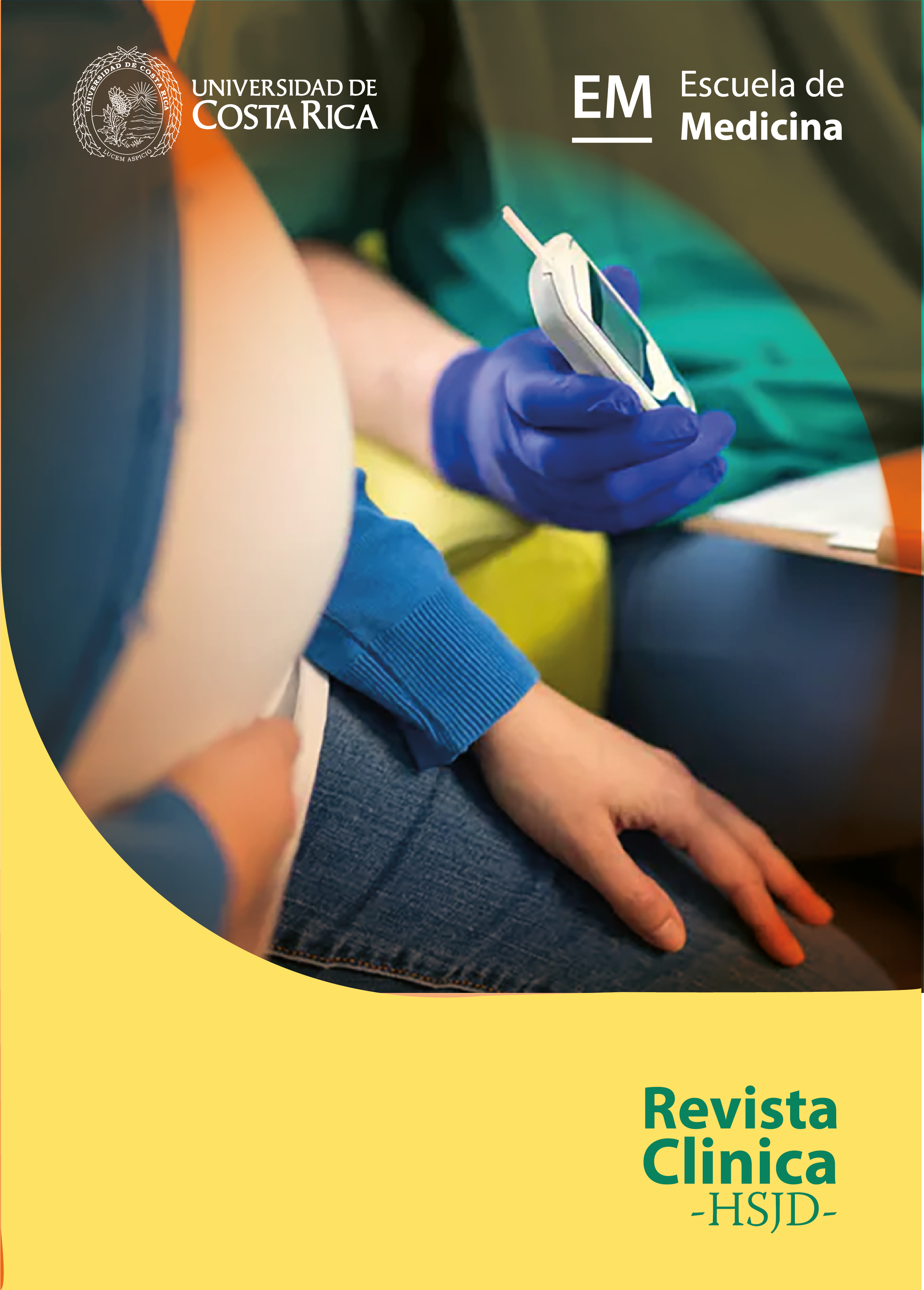Abstract
Atopic dermatitis is the most prevalent cutaneous disease worldwide, it belongs to the group of disorders with common characteristics of allergenic sensitization, epithelial barrier anomalies and type 2 immune responses. Objective: To investigate the main genetic and epigenetic factors in the pathogenesis of this disease. Results: Different investigations have shown that atopic dermatitis is a disease with high heritability and heterogeneous clinical phenotypes, which is precisely justified by genetic mechanisms associated with the reciprocity of immunological and epidermal effects, influenced by epigenetic factors. The strongest known genetic risk factor is the presence of null mutations in FLG, however, mutations of this gene are neither necessary nor sufficient. Discussion: Gene therapy for the treatment of atopic dermatitis, although it has been postulated, should be considered with caution, because the monoclonal antibodies do not constitute with the current degree of knowledge a definitive solution, given all the mechanisms involved and the different expressions of the illness. In this context, the concepts of bioethics and genetic counseling acquire relevance. Conclusions: Although from the point of view of the forensic sciences, the description of specific genetic alterations in a person or group of people can allow their genetic identification or biological filiation to a group; also for the forensic doctor the possible development of specific therapy that can vary the prognosis of disabling chronic pathologies could be associated to the concepts of "exhaustion of the therapeutic resource" and "judicialization of medicine".

